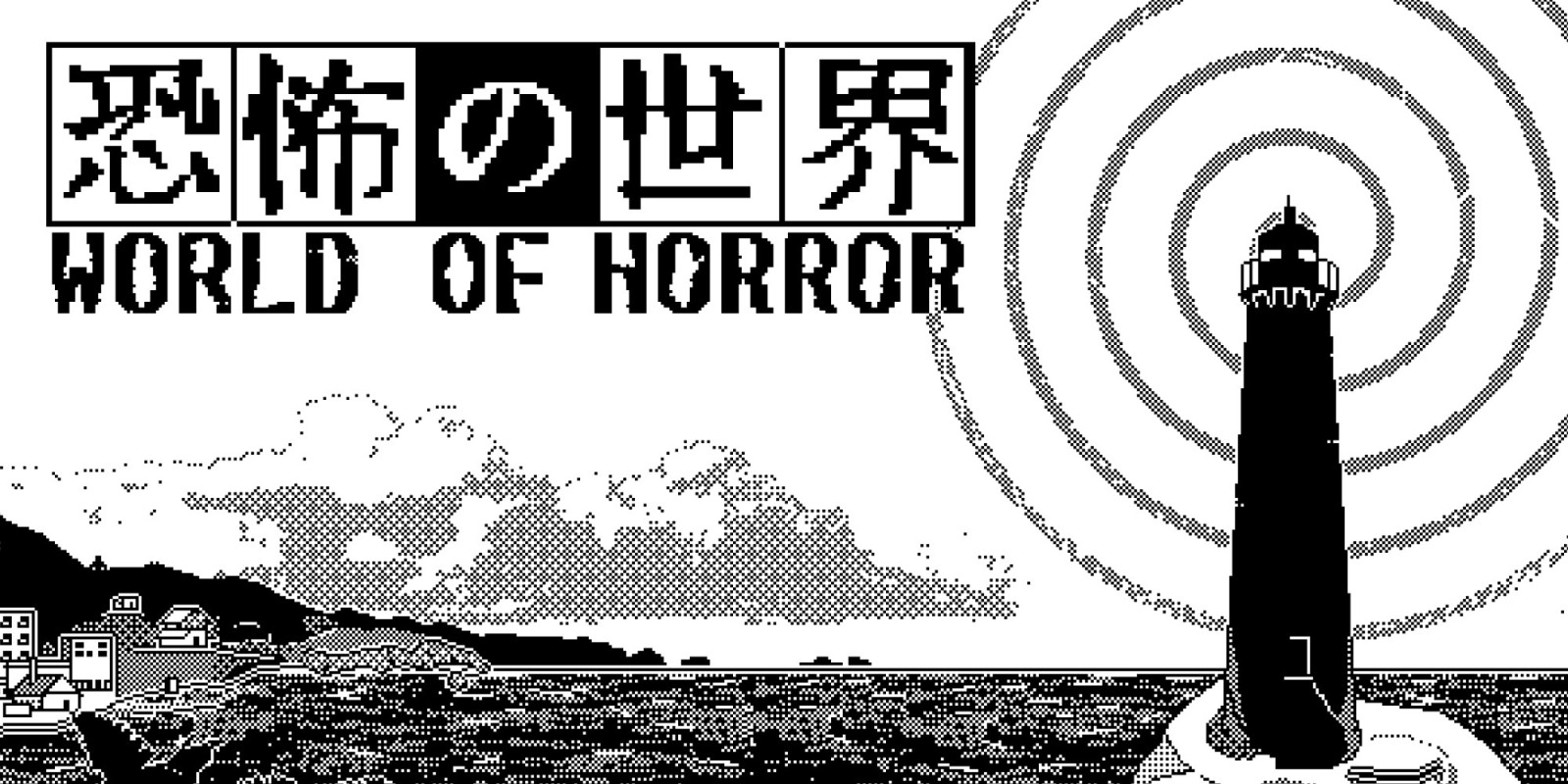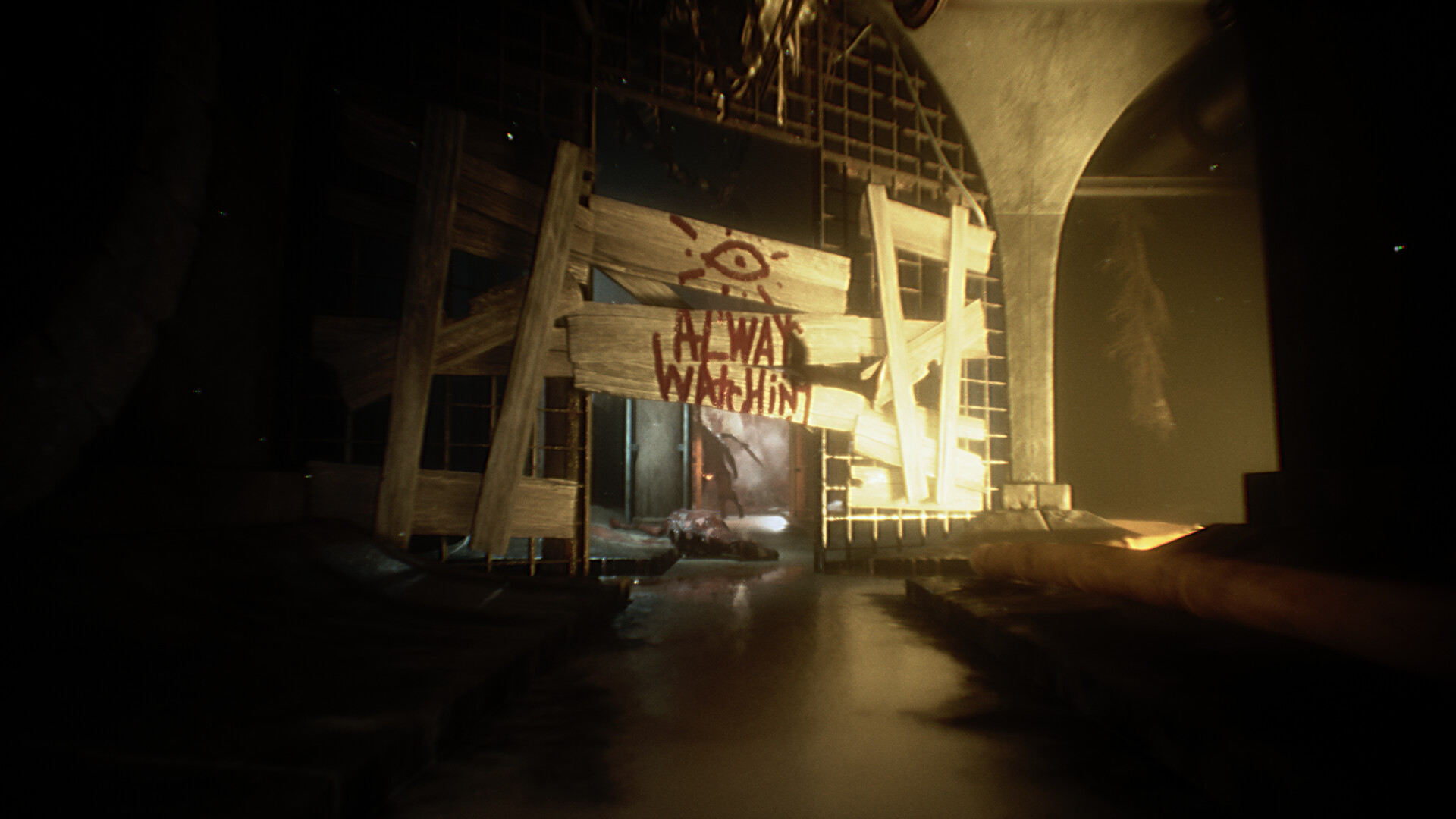
Iratus: Lord of the Dead Review: Begun, the Bone Wars Have
I first played Iratus: Lord of the Dead while it was still in early access. At the time it wasn’t great. The skills were unbalanced, the characters looked goofy and awkward, and the gameplay was a boring grind. But a marvellous thing was happening, something that I rarely see in early access games. The updates were good and frequent. Every few days I would try out the update and see that there were some big fixes and rebalances that make the game a lot more enjoyable. Iratus: Lord of the Dead was being developed faster than I could play it. And now, days out of early access, I can confirm that Iratus is still a really good game.
Iratus: Lord of the Dead is about a humble bone farmer named Iratus, who long ago is imprisoned in a tomb, ending his conquest of the land of the living. But now he has been awakened from the Big Sleep, and resumes his quest to farm bones again. With powerful necromancy, Iratus begins to raise an army of the dead and must fight his way through several labyrinthine dungeons, killing and then promptly un-killing everyone in his path. His ultimate goal is to conquer all of humanity, but for purposes of the game, the kingdom above his tomb will be good enough for now.

Iratus: Lord of the Dead takes place in a sort of fusion between high fantasy and dark fantasy world. You will encounter dwarves and wizards and knights and rogues, all heroes on their own ill fated quests. There is not much lore about the world, but what is shown is generally pretty grim. The starting level is a mine, where you fight slaves and slave masters. Above is a dungeon filled with dwarves, who send countless drugged-up prisoners to die in the mines for their own wealth, and so on. There are five levels in total, ending at a cathedral up top. Each lore found in Iratus: Lord of the Dead shows that the world is already pretty shit, and maybe joining the skeleton war isn’t such a bad way to go.
In spite of the miserable setting, Iratus: Lord of the Dead displays it in a comedic fashion. Iratus is kind of the antithesis of Darkest Dungeon. Whereas Darkest Dungeon created an atmosphere of hopelessness and horror, Iratus does not take itself at all seriously, and in fact is very caricaturish. Iratus jokes about turning the corpses of his enemies into furniture, and mocks foes who lost bowel control as they die. One of your undead units is a zombie bikini babe that Iratus admits he created as a horned up youth. It is a silly game, and honestly very refreshing. As I said in my early access review, Darkest Dungeon is a game about the meaninglessness of life in the face of eldritch horror, and Iratus: Lord of the Dead is about Skeletor fighting He-Man.

Iratus: Lord of the Dead is very similar to Darkest Dungeon. You start in a graveyard, where you may construct new units, heal and upgrade old ones, and level up Iratus himself. Functionally the same as Darkest Dungeon’s hamlet. Then you may pick four units and go fight the next battle. Each unit has their own skill set and playstyle. You have the option to build a zombie with massive artillery, and you can build a blood spectre. You can build a skeleton warrior, or build a 5-skeleton-warriors-stitched-together warrior. You can build a powerful litch, or you can create the ghost of Christmas Past. You can create all manner of dead friends, and with each battle won, you get more bones and blood to create new ones.
The turn based combat of Iratus: Lord of the Dead is almost exactly like that of Darkest Dungeon as well. Four minions on your team fight four units of the enemy’s (presumably led by Sutari Lord of the Living). Whichever unit has the highest initiative skill will attack first, and the rest go in descending order. Then once everyone has attacked, the cycle starts again. It’s fairly ordinary stuff, as far as turn based games go.

There are two main differences between the combat of Iratus: Lord of the Dead and Darkest Dungeon. The first is that Iratus has the ability to use spells once per turn, dependent on a mana meter. The spells are not all too powerful, but it is nice to be able to finish someone off by dropping bones on their head, rather than wait another round and take damage. The other main difference is the rage mechanic. Iratus has a secondary meter that allows minions to use a special attack, generally more devastating than the others. The rage mechanic is actually a lot more useful and adds another layer of strategy to the game.
Unlike Darkest Dungeon, in which there were very cut and dry roles for each character (tank, healer, dps, etc), Iratus: Lord of the Dead seems to be a little more ambiguous. Even after reading the skill lists, I found myself unsure of what each minion was best used for. A lot of the attacks are of similar strength, and there really is no difference between a skeleton casting bone zone for 20 damage versus casting ghost ride the whip for 14 damage plus three damage for the next two turns. It is very likely that I just am too dumb to see what works best, but I certainly did not have this problem with Darkest Dungeon. In Iratus: Lord of the Dead it seems like four independent characters fighting rather than working together as a team.

The last combat mechanic is stress, and I’m not sure how I feel about this either. As you may know from Darkest Dungeon, stress would make your heroes act irrationally, sometimes skipping turns or striking allies instead. Iratus: Lord of the Dead has a similar mechanic, except now you are the one dealing stress. In fact, probably a third of the minions are almost exclusively stress-based characters. On paper it sounds pretty good; giving foes heart attacks or causing them to flee seems cool. But in practice, it generally did not work out how I would have hoped. More often than not they would simply receive a stat debuff that I would not notice. And, much like Darkest Dungeon, there is also the possibility that a character will overcome the stress and gain a buff instead. I recognize that this needs to be balanced, as Iratus: Lord of the Dead is supposed to be a difficult game. But unless stress can be used to reliably give enemies heart attacks, I still need to deal conventional damage.
Beyond that, my issues are few. The combat is still really good and the game is a lot of fun. Iratus: Lord of the Dead is a great homage to Darkest Dungeon, as in this you more or less play as the dungeon. I absolutely recommend this game if you are a fan of Darkest Dungeon style gameplay or Overlord style comical villainy.
Summary
Best necromancer game since Diablo 2
Overall
4.5-
Game




